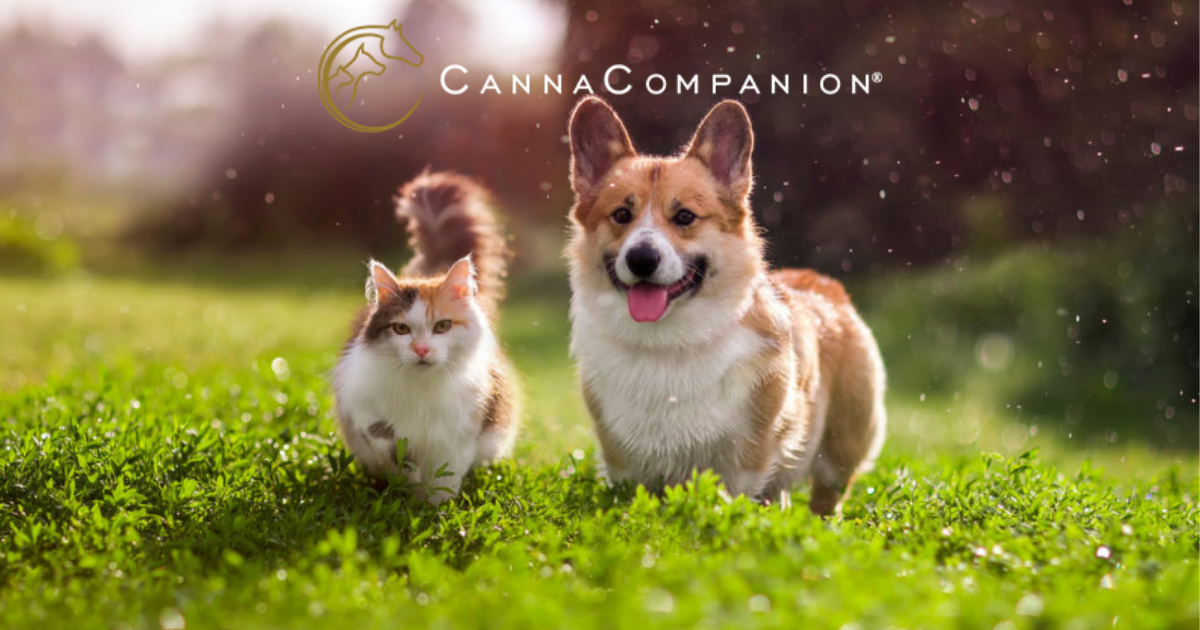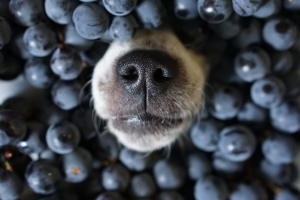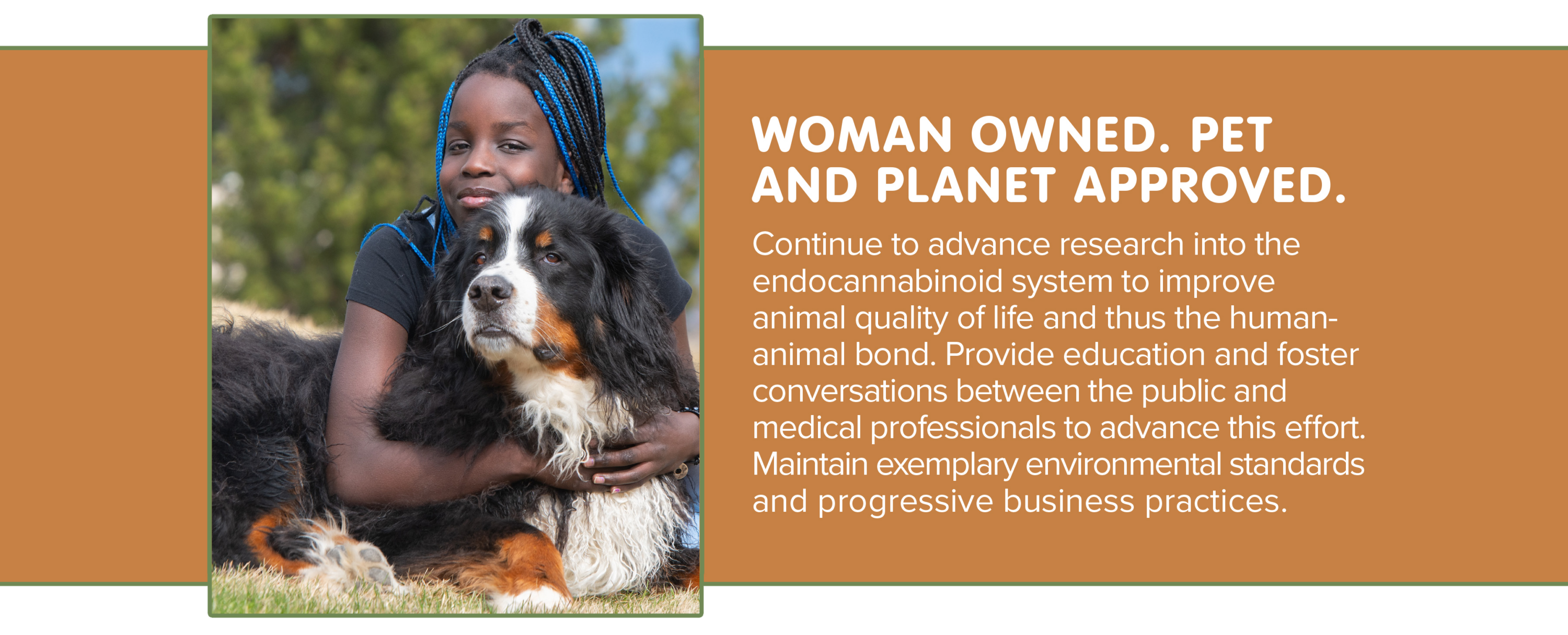Human Foods and Your Pet
We all sneak our pets bites off our plates, give them a fry when we’ve gotten takeout, or are too busy laughing to stop them from stealing some of the popcorn out of the bowl. But do you know what is safe for them and what can be dangerous?
Sometimes those two things can fall very close together. For example, many of us use peanut butter as a high value treat for training dogs. This is fine in moderate quantities, but be sure to check the ingredients first, for several reasons. Many peanut butters have added ingredients and too much sugar or salt isn’t healthy for anyone. Also, some peanut butters now contain xylitol, which is extremely dangerous for dogs. Xylitol does not appear to be as dangerous to cats, but it is still best to keep it away. Natural peanut butters, with peanuts as the only ingredient, are best.
While peanuts and cashews are safe for dogs to eat in very limited amounts, most nuts are not. Almonds (unsalted, of course) may be okay in limited quantities, but pose a choking hazard. Walnuts and pecans are toxic to dogs and can cause vomiting, diarrhea, and pancreatitis. Their high fat content can cause GI upset in cats as well. Macadamia nuts are highly toxic to both dogs and cats; contact your vet immediately if your pet eats these.
There are a wide variety of other foods that can be extremely problematic. Things like alcohol, chocolate, caffeine, grapes, and raisins are commonly known. Other things to keep a careful eye on are salt and fat content. Dairy is okay for some dogs and cats, but not okay for others. You can get additional information from both the ASPCA’s Animal Poison Control and the Pet Poison Helpline.
By now, you may be wondering, “What foods can I share?” The first thing to note is that some animals have food sensitivities. For example, eggs are generally safe for dogs and cats, but sensitive pups will vomit if only a small amount is ingested. Second, it’s important to always be careful about the amount of calories you are feeding. These extra treats can quickly increase your dog or cat’s weight if you’re not paying close attention. With those things in mind, here are some items you can share with your furry companion:
- Pumpkin
- Sweet Potato (one of my dog’s favorites)
- Banana
- Carrots
- Berries (we pick blackberries as treats on our walks)
- Cheese (in small quantities)
- Chicken or turkey (cooked, deboned, no skin, plain)
- Plain yogurt
- Low-sodium broth
Always use caution when giving anything new to your pet. If you are uncertain whether an item is safe, you can look at the above resources or contact your veterinarian.




